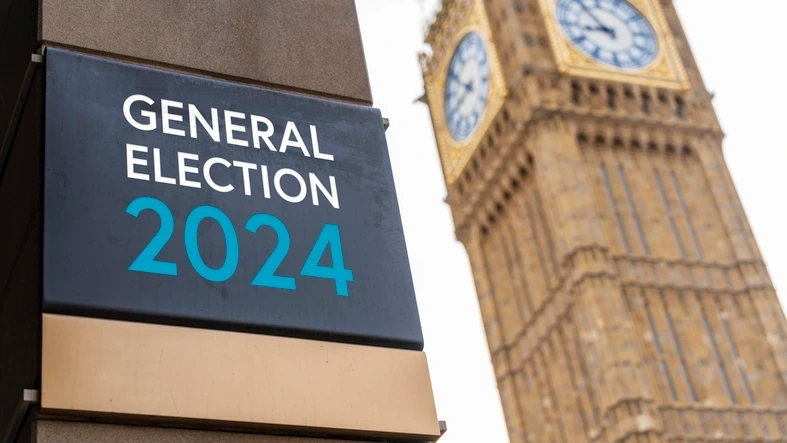After a whirlwind six weeks, canvassers are nursing their sore feet, ballot papers are off to be recycled and the country is recovering from the excitement (or terminal boredom depending on your interest levels!) of the 2024 general election. As the new Labour government gets its feet under the table, what can businesses expect to change in the coming months?
The Labour manifesto’s section on small businesses and the self-employed included:
- Taking action on late payments
- Improving guidance
- Removing export barriers
- Reforming the British Business bank
- Reforming procurement rules
- Development of new business models such as banking hubs to reinvigorate the high street
- Greater in-work security

The last bullet point covers a number of proposals which could have a substantial effect on small businesses and their employees. The Labour government intends to prohibit zero hours contracts, ban the ‘fire and rehire’ tactic, and introduce basic rights for employees from the first day of their contract, such as parental leave, sick leave and unfair dismissal protection. The intention is to create a specific body to ensure employment rights are upheld and will involve greater co-operation with trade unions. This is likely to mean careful evaluation by small businesses, particularly those with only a few employees, in terms of taking on new people.
In addition, Labour will be investigating the minimum wage and remove the qualifying age bands, so all adults are entitled to receive the same amount.
The government has stated there will be no rise in VAT, national insurance or income tax, and Corporation Tax will be capped at 25%. It has also pledged to modernise HMRC, which it says will reduce tax avoidance and errors and help business productivity. Many small businesses have been requesting a rise in the VAT threshold.
Reforming procurement rules is intended to make it easier for small businesses to bid for government work, but probably the most helpful priority would be guidance and financial support to tackle the late payment issue, which can bring a small business to its knees. Labour has suggested that new legislation to compel large businesses to reveal payment practices could help bring a solution.
The new Chancellor of the Exchequer, Rachel Reeves, told the BBC prior to the election that Labour wanted to ‘reform the business rate system in a way that reduces costs for small businesses and high streets.’ Small business owners will be carefully examining future legislation.
At AMR Bookkeeping Solutions, we keep a very close eye on all governmental changes which affect payroll and other bookkeeping procedures. If you need advice on what they could mean for your business, or on any other aspect of bookkeeping, why not call our friendly and expert team? Contact us on 01892 559480 or by filling in the form on our website.









